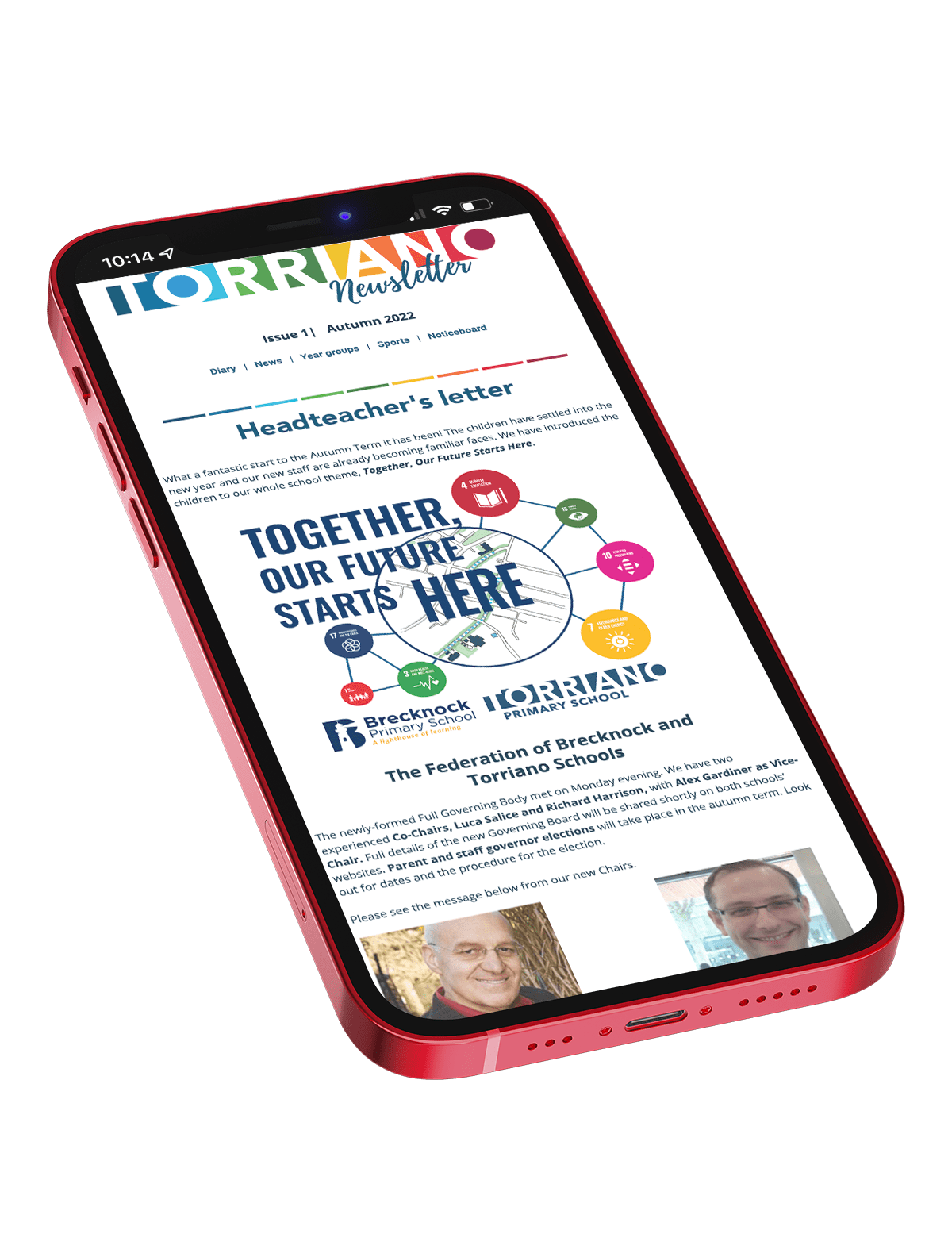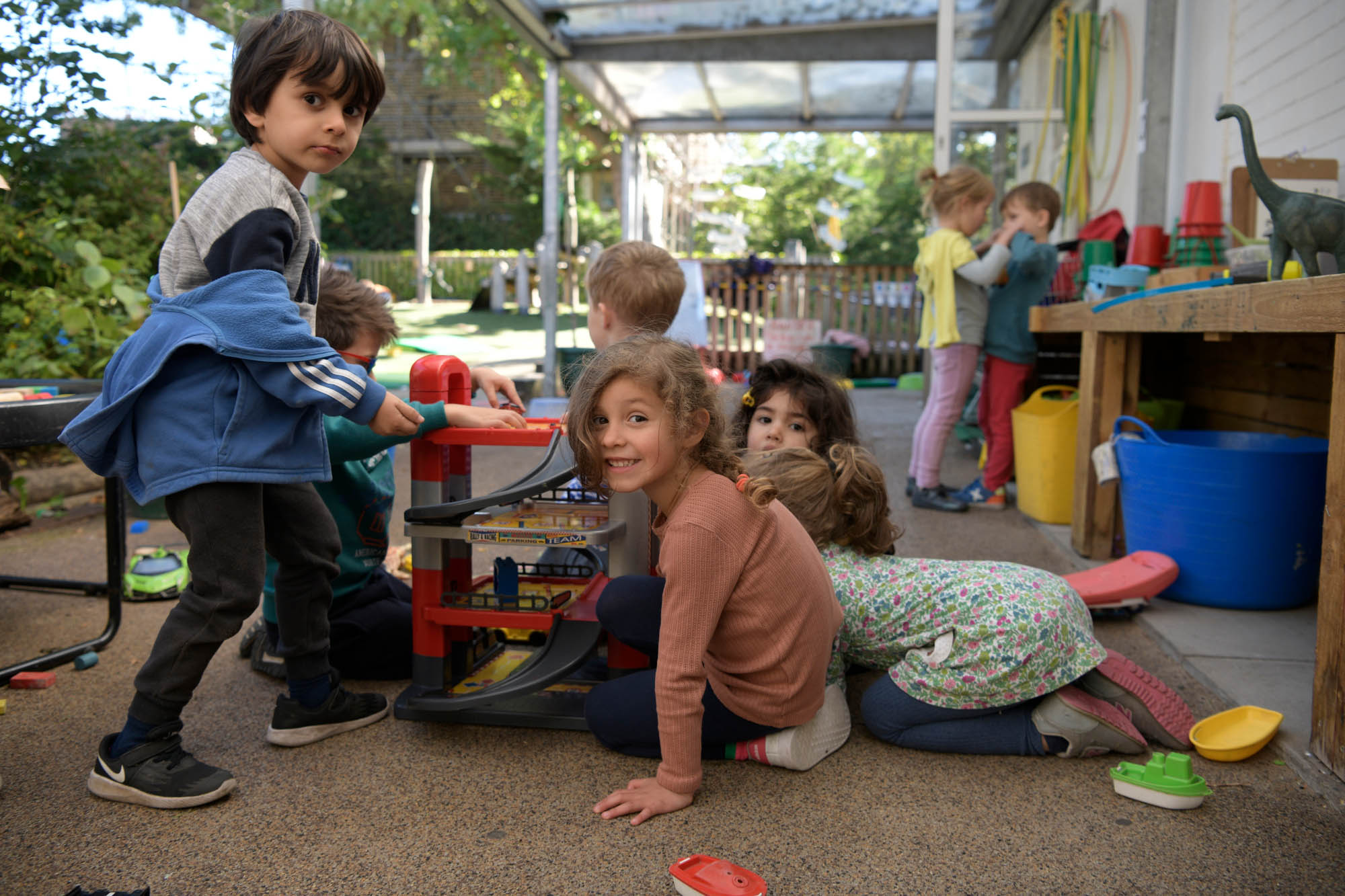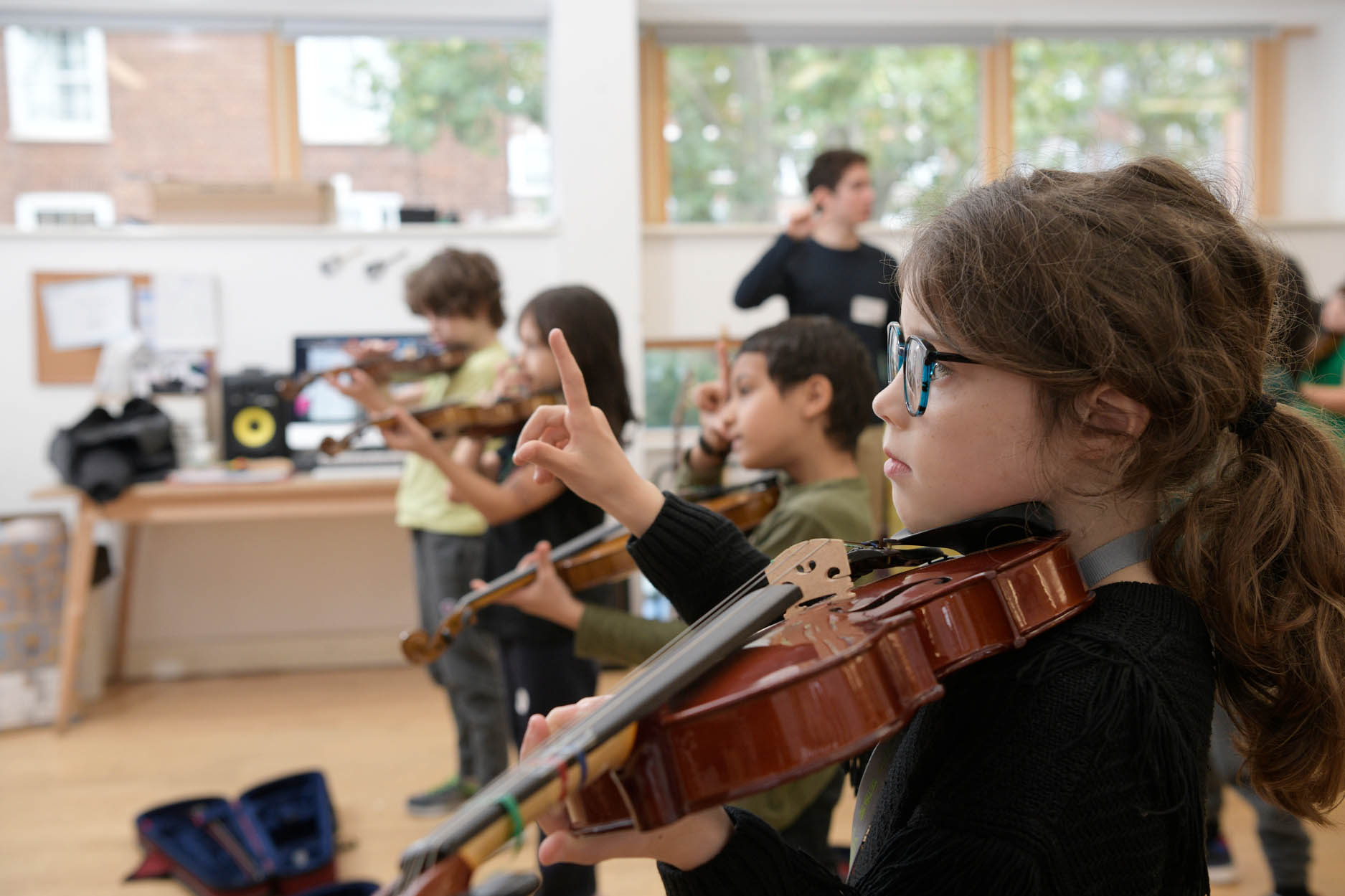To implement our curriculum we ensure high quality teaching, targeted academic support and wider strategies to ensure access for all pupils. At Torrianowe develop passionate and well informed teachers and subject leaders who seek out opportunities to learn and develop their expertise. Working collaboratively within our federation, as well as with colleagues at local and national level, teachers and leaders constantly grow and define our practice at Torriano.
Through evidence informed practice, high quality professional development and further education opportunities, all teachers strive to reflect on and develop their pedagogy and approach to teaching and learning. A combination of direct instruction, collaborative enquiry and planned opportunities to practice and over-learn ensures understanding and progress in learning. This approach is consistent across the federation, as is the carefully curated learning environment, which promotes and reinforces learning as its core purpose.
Teachers have high expectations of all children’s learning and provide appropriate support to help all children learn and become confident. Lessons are shaped and adapted according to the needs of all children – levels of support and challenge are adjusted following constant teacher assessment. New learning is taught in an engaging and creative way, using small steps, and through carefully planned explanations, discussions and visuals for support. We foster pupils’ independence to become self-directed learners. Focused interventions further support the progress and attainment of all children.
Knowledgeable Learners

We believe that children learn best when:
- Units of work are planned to incorporate learning for memory – long term learning, including strategies to build fluency and regular formative and summative assessment opportunities.
- Learning Journeys show the clear progression of learning in units of work.
- Units of work are supported by Knowledge Mats, Knowledge Quarters and Torriano timelines. These are visible in every classroom and used to pre-teach, build on and re-cap previous learning. They detail and assess the facts and vocabulary to be learned for each unit.
- Lessons recap prior learning, ensuring links can be made with new learning. This may be through reviewing the learning journey, quizzing, a short writing task or a quick classroom discussion.
- Home learning supports the reinforcement and re-learning approach, building on and harnessing the power of technology. Technology is used to support and drive learning both in school and at home.
- Opportunities to practise and discuss new learning are embedded in lessons and home learning, so that new knowledge is internalised and new skills become fluent and automatic.
- Pre and post teaching opportunities are planned for with accurate assessment, with regular opportunities for consolidation built in to reinforce learning and secure long term memory.
- The culture of reading is valued and celebrated, with a systematic synthetic phonics scheme in place to ensure Early Reading success across the wider curriculum.
- Transcriptional and compositional components of writing are modelled and practised to develop accuracy for different writing purposes. Children retell and imitate a wide range of genres in order to innovate and apply their writing skills across the wider curriculum.
- A mastery curriculum and approach is consistently implemented in mathematics, where small steps of learning are carefully built upon with carefully chosen representations and opportunities to reason mathematically.

Confident Communicators
We believe that children learn best when:
- Oracy underpins learning in all subjects. There is a combination of carefully planned spoken, practical and written.
- They are encouraged to be confident communicators in all lessons, assemblies and community events.
- The skills needed for successful group discussion, formal debate, and speech making are explicitly taught throughout the school. Oracy teaching underpins all teaching and learning in the Early Years, closely following the EYFS Framework.
- Explicit vocabulary teaching is included in all subjects, through the Word of the Day pedagogy, sentence stems and the use of colourful semantics word walls. We know that strong language knowledge and skills form the foundation of learning, starting in our EYFS provision.
- The learning environment ensures Communication Friendly Classrooms.

Active Citizens
We believe that children learn best when:
- They are encouraged to be active contributors in all lessons.
- Reading for pleasure is promoted and celebrated in class and in the community.
- The school engages parents as partners in supporting their children’s learning behaviours and holistic development.
- They have access to an extensive enrichment offer. This is led by a collective of creative teachers and leaders. It is complimented by Performing Arts Leaders, a Scientist in Residence, PE Coaches and Artists in Residence.
- Equal access to career pathways are promoted. Through our innovative STEAM (Science, Technology, Engineering, Art, Maths) education offer, children and our community regularly engage with London’s rich cultural and business partnerships.
- Relevant curriculum visits and expert experiences are scheduled to deepen, enrich and develop classroom learning.
Whole School Curriculum Overview
Our curriculum map shows the learning undertaken from the Early Years through to Year 6 at Torriano. In the Early Years we follow the Early Years Foundation Stage statutory framework. For KS1 and KS2 (Years 1 – 6) we follow the National Curriculum.
Subjects are taught in units that are planned to enable the development of knowledge and skills, enabling the children to make connections. Each subject is valued as its own discipline. Links are made to ensure there are connections in learning, deepening understanding. Learning is purposefully planned to build upon prior learning.
These units are subject led through history, geography or science. The history units are broadly chronological, encompassing local, British and global themes. The geography units access a range of thematic and regional studies, placing identity and locality at the heart of learning. Science led units are taught in the summer term in order to elevate science as a subject discipline within the curriculum.
Year Group Overviews – connections, links and progression within year
- In KS1 and KS2, following the national curriculum, and where possible, skills and knowledge are taught through half-termly subject-led topics. Teachers weave together the component parts on a curriculum map from each subject’s progression document ensuring skills and knowledge are taught allowing for connections and retrieval of prior learning.
- Some areas of learning remain discrete due to the nature of their content.
- The EYFS curriculum has a clear progression of skills and knowledge, as the foundation of all subsequent learning.
Skills Progression: Planning
Each subject area has its own discrete progression document, detailing how skills are built up and connected over the years. Teachers and subject leaders use these documents to ensure there is appropriate challenge and progression in medium term plans. Skills progression documents can be found on the relevant subject page. Click here to see an example.
Medium Term Planning
Subject leaders offer support with medium term planning to ensure there is sufficient coverage, there is clear, coherent sequencing of content. They question and probe teachers about choices, e.g. ‘why this, why then?’. This element of challenge is important in driving improvements in the quality of teaching and learning in the wider curriculum. They also gather pupil voice and feedback on their subject area.
This also allows subject leaders to have a clear understanding and awareness of what is being taught across the school and to assess whether the skills and content required for each year group is appropriate and is building on what has been learnt previously.
Curriculum Impact
The children at Torriano are proud of their work and their achievements, using their oracy skills to share and communicate this with others. We regularly review our curriculum with a range of stakeholders to ensure sequential, layered knowledge acquisition and check that pupil outcomes are of a very high quality.
We measure the impact of the curriculum against various outcomes through :
- Pupil Progress meetings: triangulating teacher assessments, outcomes in books and summative assessment scores.
- Internal audits and learning walks carried out by senior and middle leaders and governors: sampling children’s learning across subjects, collating pupil voice, book conferencing and surveys.
- Reporting to governors regularly.
- Parent surveys, working groups and meetings.
- Professional development meetings with all staff.
- Local Authority standards meetings: including the annual tracking of standards across the curriculum.
- External reviews, including the Local Authority.
- Comparative reviews and moderation within the Federation and other Local Authority schools.
To find out further information about the school curriculum, please contact the school office.





